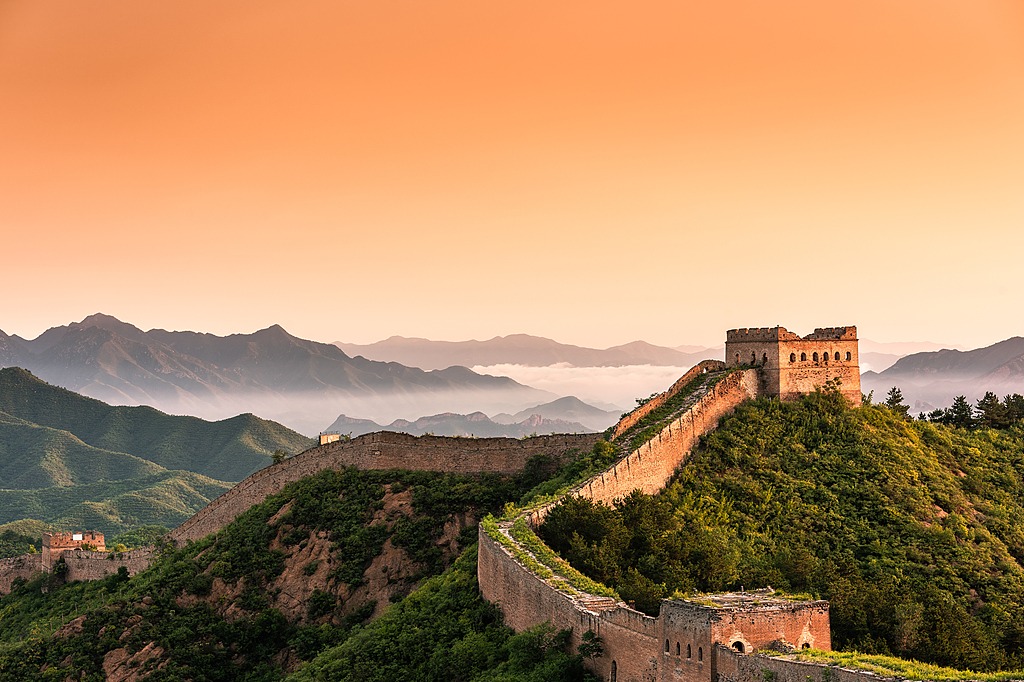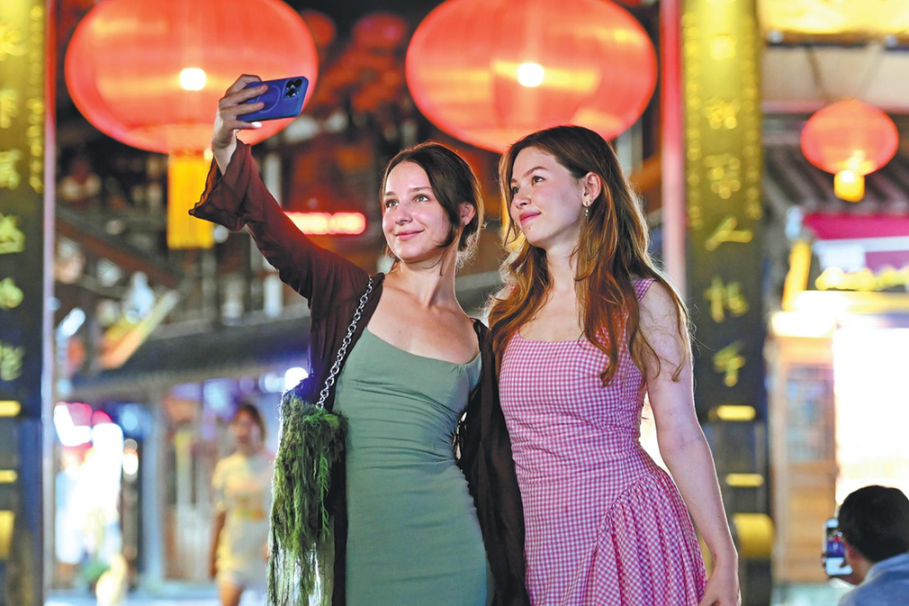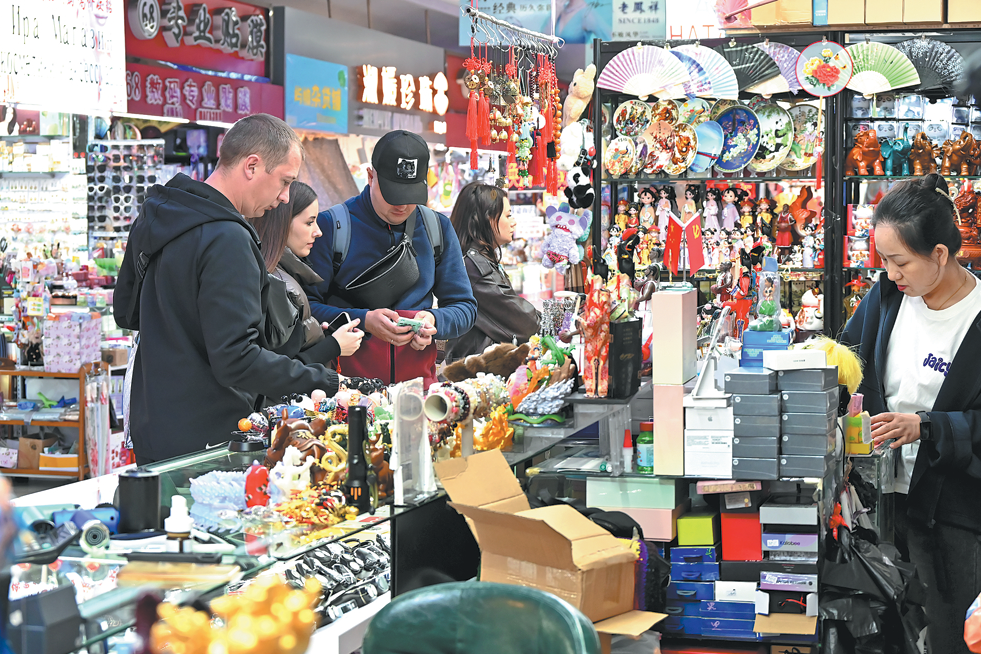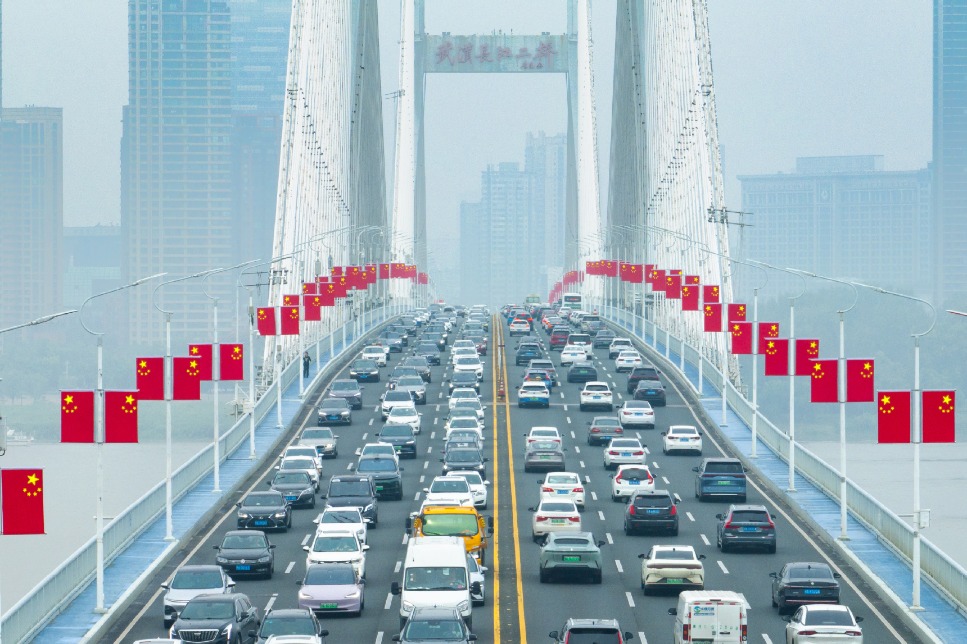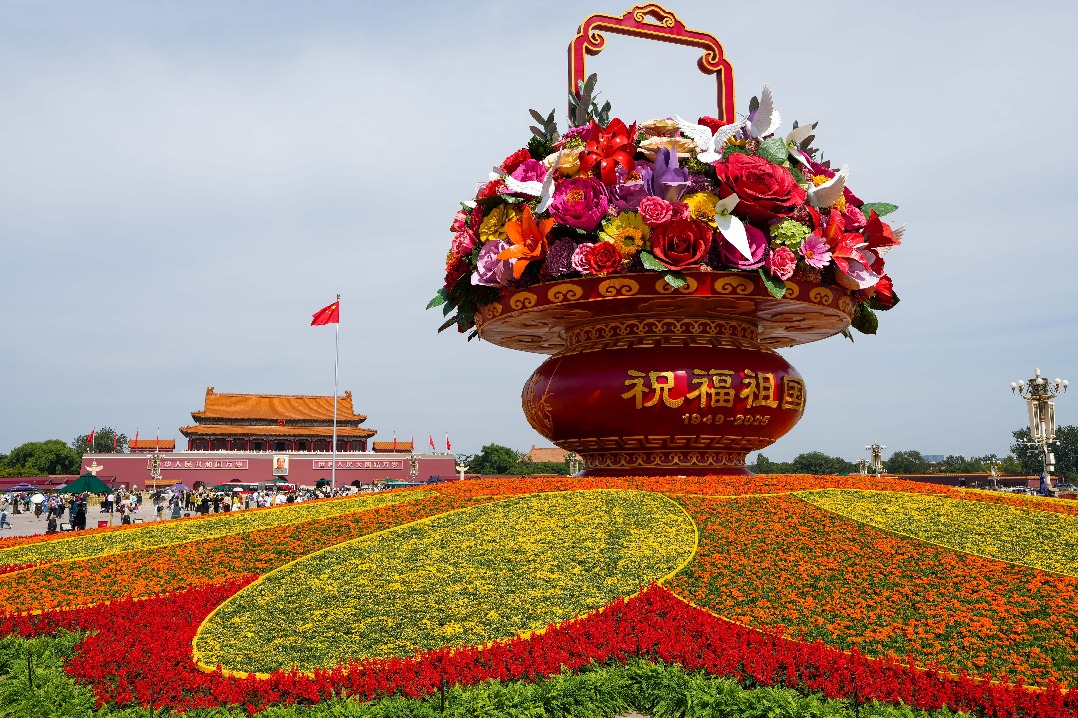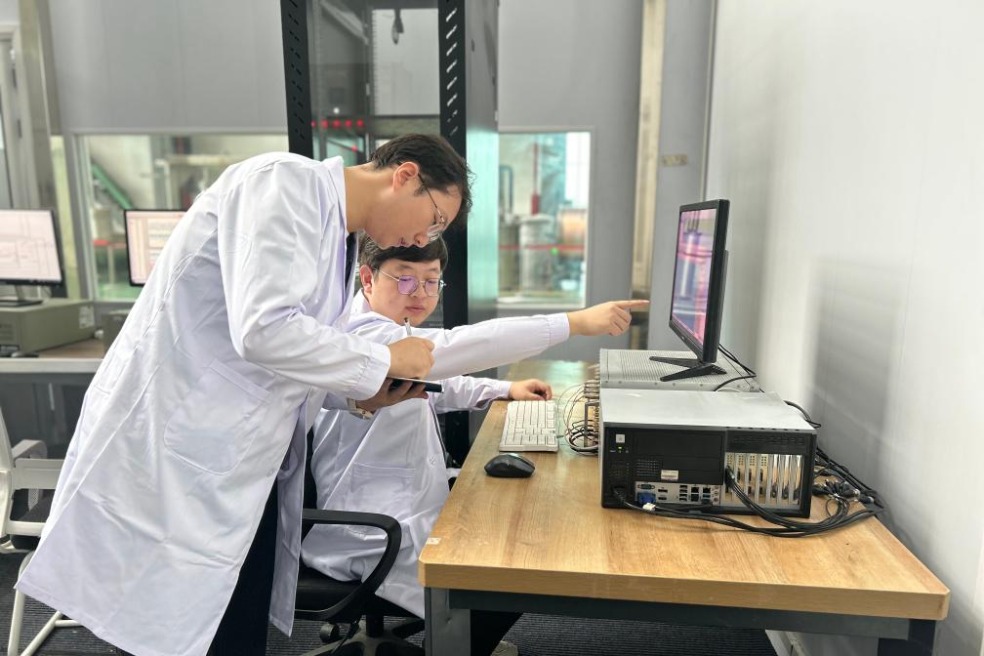Problems show the ugly face of the beauty industry
Critics warn about unlicensed clinics, illegal procedures and the unethical pursuit of profit. Cheng Si reports.

Demand for cosmetic surgery is surging in China as a result of people's growing anxiety about their appearance and the pursuit of beauty. That's despite the high number of illegally performed operations and a lack of official supervision that have sparked widespread controversy, experts said.
In one high-profile case, "Dai", an online celebrity with about 13,000 followers on Weibo, China's Twitter-like service, and her own fashion brand, died after a simple procedure to deal with fatty tissue.
On May 2, she underwent body-shaping surgery-liposuction and lipofilling-at the Hangzhou Huayan Beauty Art Center in Zhejiang province. However, according to a report by the facility, after the five-hour procedure, the 33-year-old told nurses that she was in pain and her chest felt tight, causing shortness of breath and palpitations. Despite her complaints, Dai's distress apparently didn't prompt too much attention from the nurses or doctors.
On May 4, she dialed 120, China's medical emergency number, and asked for an ambulance. Complaining of agonizing pain, she was transferred to a regular hospital.
She died on July 13 as a result of bacterial infection and organ failure.
Two days after Dai's death, the Hangzhou health commission released a statement saying that its investigations showed that the center had been medically negligent and was responsible for the patient's demise. It immediately suspended the center's activities.
Dai is not the only victim of botched cosmetic surgery. An illegal operation not only temporarily disfigured actress Gao Liu, but also caused mental problems that led to suicidal thoughts, she said.
In February, the 25-year-old published a post on Weibo in which she wrote that she had undergone a cosmetic procedure at a clinic in Guangzhou, Guangdong province, in October to alter the shape of her nose. However, the operation site became infected during the postoperative period, and Gao had to have extensive treatment at a regular hospital to correct the problem.
The lengthy recovery process left Gao facing a severe financial penalty as she had been unable to attend filming of a TV series in which she had a role. She later discovered that the center was not licensed to perform the procedure she had. She is now awaiting the results of negotiations with the clinic about compensation for her losses.
Disputes, complaints
Experts said China's beauty industry is never tranquil because it is plagued with disputes, complaints and serious medical negligence. In addition, it suffers from a lack of official oversight.
Data from the China Consumers Association show that the sector was the subject of about 6,140 complaints in 2019, with 26 percent related to poor after-sales services and 23 percent about the quality of the treatment. Meanwhile, 22 percent were related to unclear, potentially misleading, contracts.
In March, Chaoyang District People's Court in Beijing released a report in which it said it had settled 195 cases related to cosmetic surgery in the previous five years. Such work accounted for 27 percent of its caseload last year, up from 10.8 percent in 2016.
Despite the problems, the industry is still experiencing rapid growth, and unlicensed operations are rampant, according to reports.
For example, a report published in May last year by iResearch, a consultancy headquartered in Beijing, showed that the value of the cosmetic surgery market was close to 177 billion yuan ($27 billion) in 2019, even though the growth rate had declined slightly from previous years to 22.2 percent.
More than 13.7 million patients received treatment in 2019, and the number is projected to rise to about 25.5 million in 2023, the report said.
Though the customer base is large, the number of cosmetic surgery clinics that meet government requirements is low.
The iResearch report said China has about 13,000 licensed beauty centers, with roughly 2,000, or 15 percent, offering illegal treatments they aren't licensed for.
'Appearance anxiety'
"The main problem is 'appearance anxiety' prompted by society's preference for a 'beautiful face'. It's very sad that 'less attractive' people may be given the cold shoulder at job interviews or on blind dates," said Li Huiying, a 27-year-old saleswoman, who said she was shunned during a blind date because the man she was meeting didn't like her looks.
She added that not every woman is perfect, but the overwhelming number of short videos and photos shared online depict a unitary standard of beauty-flawless white skin, large eyes, a curvaceous body shape and long legs.
"The more I see these photos and videos, the more I become self-contemptuous, and the desire to have cosmetic surgery to change the way I look gets stronger," she said. "It's very stressful."
Li said she had consulted centers about plastic surgery and noninvasive facial treatment, but she backed out as she couldn't decide which institute was the best or safest.
"I just have doubts about their promotions. For example, one beauty clinic I consulted said that it could perform noninvasive procedures to remove the bags under my eyes, and they wouldn't leave any scars, so I could go to work the next day. It sounded like an exaggeration, but I just couldn't tell if the claim was true," she said.
"Money is another problem. Some procedures cost tens of thousands of yuan, which is out of my range, but some staff members at centers advised me to take out a loan to pay for the treatment-that's crazy."
The rapid, unsupervised growth of the sector has seen the government move to tighten oversight.
Last month, the National Health Commission and seven other government bodies, including the Ministry of Public Security and the State Administration for Market Regulation, released an action plan for a nationwide crackdown on illegal cosmetic surgery services.
According to the plan, illicit practices-including false advertising, unfair competition and the manufacture and use of drugs that do not comply with national standards-will be strictly punished.
Authorities will also clamp down on price gouging and the employment of unqualified medical staff members.
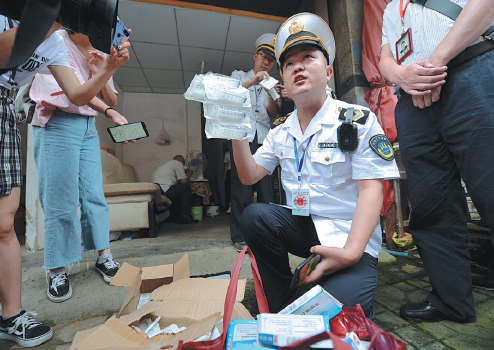
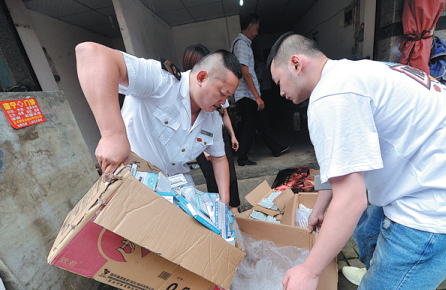
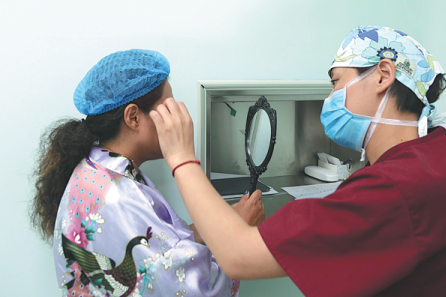
Today's Top News
- Xi congratulates Tianjin University on 130th founding anniversary
- China targets unified, open natl market
- President's National Day address hailed
- Envoy says China and US should be partners
- Chinese micro-dramas hook audiences overseas too
- Strong progress seen in culture, tourism
















